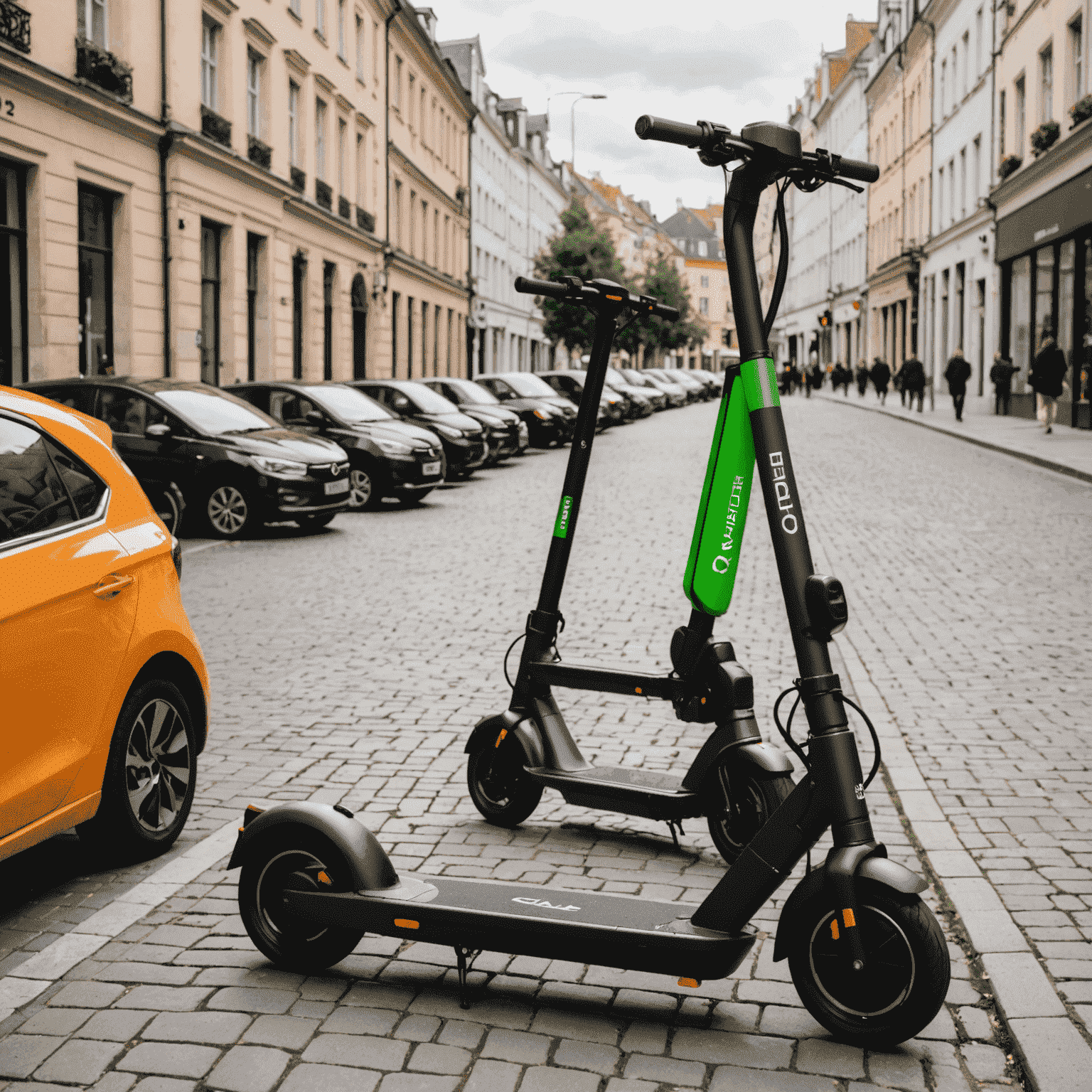Success Stories: European Small Businesses That Made It Big
1. Holvi: Revolutionizing Financial Services for SMEs

Holvi, a fintech startup based in Amsterdam, has become a shining example of European small business success. Founded in 2019, the company set out to simplify financial management for small and medium-sized enterprises (SMEs) across Europe.
Key strategies employed:
- Identifying a gap in the market for comprehensive financial services tailored to SMEs
- Leveraging technology to create an all-in-one financial platform
- Focusing on user experience and intuitive design
- Expanding gradually across European markets
Lesson learned: Understanding the specific needs of your target market and providing innovative solutions can lead to rapid growth and success.
2. Ecosia: The Search Engine that Plants Trees

Berlin-based Ecosia has grown from a small startup to a major player in the search engine market, all while maintaining a strong environmental focus. By using ad revenue to plant trees, Ecosia has captured the hearts of eco-conscious users
across Europe and beyond.
Strategies for success:
- Creating a unique value proposition that combines technology with environmental action
- Building a strong brand identity around sustainability
- Transparency in operations and impact reporting
- Leveraging social media and word-of-mouth marketing
Lesson learned: Aligning business goals with social or environmental causes can create a powerful brand and loyal customer base.
3. Too Good To Go: Turning Food Waste into Opportunity

Danish startup Too Good To Go has transformed the way Europe thinks about food waste. By connecting consumers with restaurants and stores that have surplus food, they've created a win-win solution for businesses, consumers, and the environment.
Keys to growth:
- Addressing a widespread problem with a simple, tech-driven solution
- Building partnerships with a diverse range of food businesses
- Expanding strategically across European cities
- Engaging users through gamification and impact tracking
Lesson learned: Identifying a common problem and providing an easy-to-use solution can lead to rapid adoption and expansion.
4. Bolt: Reimagining Urban Transportation

Estonian startup Bolt (formerly Taxify) has grown from a small ride-hailing service to a multi-modal transportation platform operating across Europe and Africa. By diversifying its offerings to include e-scooters and food delivery, Bolt
has become a major player in the urban mobility sector.
Growth strategies:
- Starting in underserved markets before expanding to more competitive ones
- Continuously innovating and adding new services to the platform
- Focusing on operational efficiency and competitive pricing
- Adapting quickly to local market needs and regulations
Lesson learned: Agility and the ability to pivot or expand services in response to market demands are crucial for sustained growth.
5. Revolut: Disrupting Traditional Banking

London-based Revolut has transformed from a simple currency exchange card to a comprehensive digital banking platform. By offering innovative features like cryptocurrency trading and budgeting tools, Revolut has attracted millions of users
across Europe.
Success factors:
- Offering a wide range of financial services in one app
- Embracing cutting-edge technologies like blockchain and AI
- Providing a seamless user experience across borders
- Continuously adding new features based on user feedback
Lesson learned: Challenging traditional industry norms and providing innovative solutions can lead to rapid user acquisition and growth.
These success stories demonstrate that with the right combination of innovation, market understanding, and strategic growth, small European businesses can achieve remarkable success. By focusing on solving real problems, leveraging technology,
and adapting to changing market conditions, these companies have not only grown their businesses but have also made significant impacts in their respective industries.




